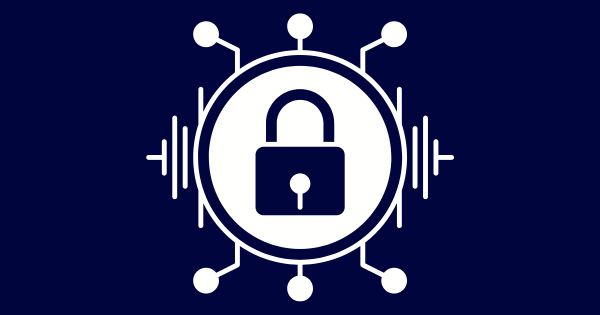
The 2025 Cybersecurity Training Program has concluded. Divisions with gold bars achieved 100% compliance. Overall compliance is 100%. An early start to the 2026 campaign has begun for 15% of ETSU employees.
Thank You ETSU for completing your cybersecurity training! Cybersecurity awareness helps individuals and organizations protect sensitive information
from cyber threats like phishing, spoofing, social engineering, and data breaches.
Utilizing basic security practices can prevent costly disruptions and safeguard personal
and business data. By practicing cybersecurity awareness, ETSU Employees can reduce
risks, ensure compliance with regulations, and maintain trust with the Campus Community.
October 2025 was Cybersecurity Awareness Month: “Stay Safe Online”
During Cybersecurity Awareness Month, we select training modules that present simple, effective ways to keep yourself safe online, protect your ETSU and personal data, and ultimately help secure our world. We encourage you to view the training with your family. The Security Awareness Training modules take about 15 minutes to complete. ITS works with KnowBe4 to provide this training. You will view informative videos and slides and answer short questions as you progress. You will be redirected to the KnowBe4 site when accessing the training. Any questions can be directed to security@etsu.edu. If you are ever uncertain about the legitimacy of a request, or feel your information has been compromised, please contact ITS Security.
Four Ways to Stay Safe Online
ETSU’s ITS department is leading the charge for protecting our organization. Check out the list of resources offered below.
-
Passwords
The NCSA Report showed that 35% of people don't use unique passwords for all their different online accounts. You can increase your accounts' safety with stronger and unique passwords. Strengthen your passwords by using three tips: Make Them Long, Make Them Random, and Make them Unique.
-
Multifactor Authentication
The NCSA Report showed that 81% of people had heard of MFA, but only 66% of them knew how to use it and were doing so. ETSU's MFA procedures increases security—it makes us significantly safer online. Even if our passwords become compromised, unauthorized users will be unable to meet the second step requirement and will not be able to access our accounts.
-
Phishing
The NCSA Report showed that 67% of people express confidence in their ability to identify phishing attempts. Stay safe with three simple tips: Recognize, Report, and Delete.
-
Software Updates
According to the NCSA Report, 63% of people know how to install the latest updates on their devices, 17% don't know how, and 20% know how but usually don't do it. Failing to update software leaves devices vulnerable to security flaws. If a criminal exploits one of these flaws, they can access and misuse sensitive information. Regular updates help fix these vulnerabilities and protect your data.
 Sam Wilson West Parking Lot C...
Sam Wilson West Parking Lot C... 


